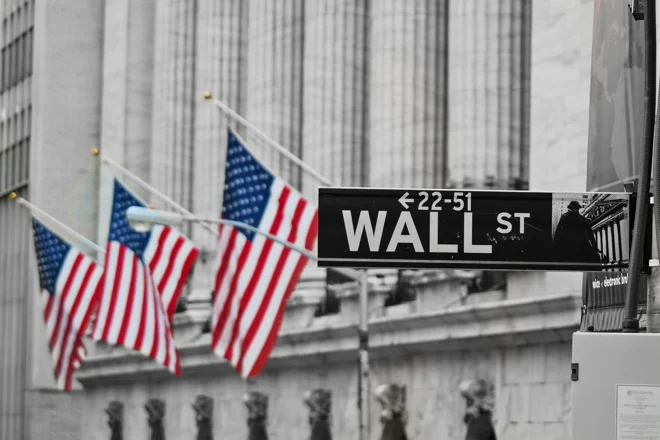It has been a miserable few months for many companies in cyclical sectors, which typically rise and fall in line with the overall health of the economy and include, among others, areas like automobiles, aviation, leisure and hospitality, and retail.
The list of such corporate casualties of coronavirus is long and growing. In the United States, business bankruptcies rose nearly 50% year on year in May – with big-name American brands such as J. Crew, Hertz, Gold’s Gym, Neiman Marcus and JCPenney all filing for Chapter 11 bankruptcy protection since the start of the pandemic.
In Europe, despite extended credit lines, liquidity guarantees and grants, the situation is similarly grim. Consider that, in April, sales of clothing and accessories slumped by 50% in the UK, 67% in France and over 80% in Spain. Amidst the ongoing reopening of many bricks-and-mortar businesses, consumer confidence has improved slightly – but a swift and full recovery to pre-COVID-19 levels appears unlikely, even as the global economy shows increasing signs of moving from despair to repair.
As that U-shaped recovery is now past bottom, cyclical share prices have probably also already fallen about as low as they will go. Although valuations look generally attractive, considerable uncertainty remains about the outlook for the global economy, including the impact of a potential second wave of the virus. So it is important to remain selective when investing in such businesses.
Many cyclical companies will need to repair their balance sheets and await a pick-up in demand before they can start to again deliver strong profit growth. The pace of any recovery for those that have been hardest hit by lockdown is also likely to vary considerably. In the airline industry, short-haul flights will presumably resume with greater frequency well before long-haul travel recovers – suggesting a brighter outlook for regional low-cost carriers than long-haul airlines.
From an investment perspective, cyclical businesses that face structural headwinds – such as high-street retail and traditional carmakers – remain unattractive. By comparison, businesses that can grow over the long term are more appealing. That includes, for example, semi-conductor manufacturers and copper miners, which provide the components and raw materials for our increasingly digital lives.
By the same logic, online retailers clearly look more resilient than pure bricks-and-mortar businesses. In China – which is poised to become the world’s largest retail market by the end of 2020 – full-year retail sales are projected to decline by about 4%, according to the US research company eMarketer. Over the same period, Chinese online retail sales are expected to rise by some 16%, accounting for about 40% of total sales.
At a time when US markets – and technology and healthcare companies, in particular – appear to be structural bright spots, the largest companies, which already dominate their sectors, are likely to be the winners. Such companies will be able to invest in their business models to grow market share even further, acquire smaller competitors at distressed prices and expand their operations into new areas where they see emerging opportunities.
The same broadly applies to companies in cyclical sectors, where the capacity to weather the downturn and invest in the future is especially critical.
As the global economy more clearly enters the repair phase – supported by aggressive monetary and fiscal policies – it seems unlikely there will be a massive overnight surge in cruise-ship bookings, fine-dining reservations or round-the-world travel. But do expect to see evidence that while battered cyclical stocks may be down today, they are by no means out for the count.
Amrendra Sinha serves as Group Head of Direct Equities at Quintet Private Bank. The statements and views expressed in this document are those of the author as of the date of this article and are subject to change. This article is also of a general nature and does not constitute legal, accounting, tax or investment advice. All investors should keep in mind that past performance is no indication of future performance, and that the value of investments may go up or down. Changes in exchange rates may also cause the value of underlying investments to go up or down.





